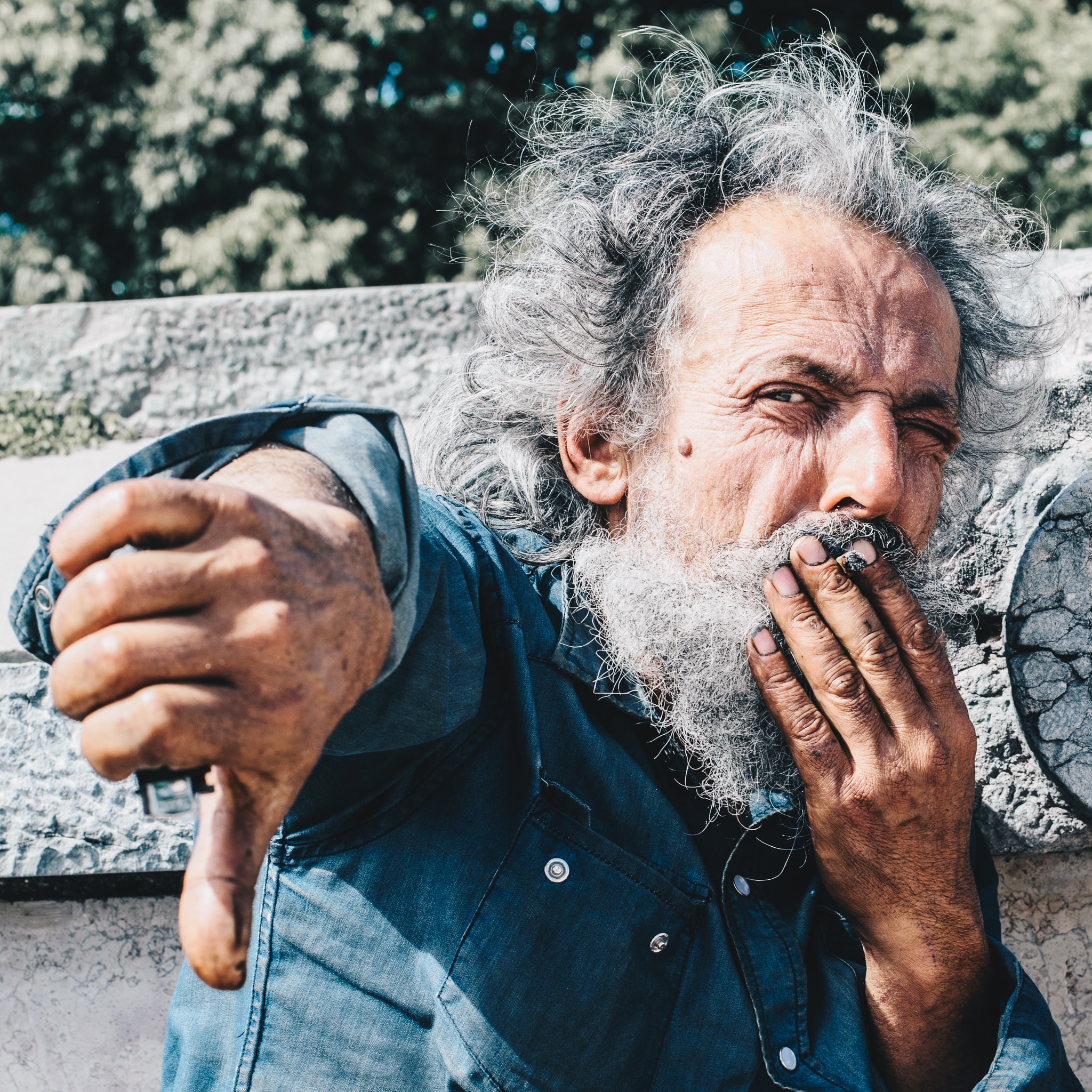We won’t stop slipping back until we hate its outputs.

Even to the astonishment of the human being, the most incredible evolution has been to develop consciousness, aside from straightening up and walking on two feet. It is rationalizing and interpreting our surroundings with the power of intelligence.
The hardest part for humans is understanding ourselves, our emotions, and the effect it causes on our actions.
Philosophers and stoics from past ages have left a written set of rules for living orderly based on their studies of human behavior—they even have a glimpse of what habits are.
We are what we repeatedly do. Excellence, then, is not an act but a habit.—Aristotle
If what we repeatedly do becomes automatic, a habit can apply in both directions, good or bad.
The reaction comes into action in our bodies’ chemistry; our emotions and feelings ignite our brain’s chemicals and electrical signals.
Happiness turns on the dopamine chemical in our brain, giving a pleasant feeling. However, dopamine is also turned on by other mixes of chemical reactions in the body created by our life experiences.
Alcohol turns on a depressant chemical, but it also numbs our cerebellum, impairing our balance. It also affects our cerebrum, which enables speech, judgment, thinking and reasoning, problem-solving, emotions, and learning—other functions related to vision, hearing, touch, and other senses.
Now, drugs give a reaction of euphoria and cause addiction that finally takes control of our will. We continually want to feel the same euphoric effect—increasing tolerance and the risk of dependence addiction.
These examples tell us why people with substance use disorders use more and more drugs to get the high they seek.
The more I research, the more I admire the human body’s biochemistry and the more our response can be manageable.
Why is it so easy to slip back into bad habits?
They give us pleasure in one way or another.
I remember the great battle I had with alcoholism that almost destroyed me. Knowing the harmful effect it was causing on my mental and physical health, I kept coming back for more.
Under its effect, a pleasure caused by alcohol blinded me to its destructive consequences in my life.
You have to be very determined to win the battle to defeat harmful pleasures.
Pleasure is something that the mind and body enjoy, and that is why it is so easy to slip back into them.
Now the question becomes more specific and absolute: how can we control our carnal desires? (Addictive pleasures).
We put ourselves at the mercy of the Habit Loop.

Over time, this loop—cue, routine, reward; cue, routine, reward—becomes increasingly automatic. The cue and reward become intertwined until a powerful sense of anticipation and craving emerges.
Habits aren’t destiny.
Habits can be ignored, changed, or replaced. But the reason the discovery of the habit loop is so important is that it reveals a fundamental truth:
When a habit emerges, the brain stops fully anticipating decision-making. It stops working so hard to divert focus to other tasks.
Unless you deliberately fight a habit, the pattern will unfold automatically unless you find new routines.
Excerpt from the book The Power of Habit—by Charles Duhigg
This response is the most significant part of understanding the habit and how to control it because it seems that we can’t eliminate it from our minds—but replace it or ignore it.
It reminds me of how I defeated alcoholism by applying this same principle, ignoring everything related to drinking until it became automatic to think about other things that benefited me more.
We must deliberately change the thought of the reward that attracts us to the bad habit.
We need to change the carrot in front of us with a more apetizing one.
Although ridiculous, a bad habit is difficult to remove but not impossible to ignore.
I hope you find the motivation and reason enough to remove bad habits from your path since a habit is not a destiny but a deliberate choice.
Thanks for reading.
If my articles have helped and inspired you, consider supporting what I do by…
SUBSCRIBING to “FINDING NEW LIFE” NEWSLETTER
Discover more of my articles at MEDIUM.COM or visit my QUORA space.

Due to depression, I didn’t realise that I made a habit of writing political posts on social media. It was my way to express all my disappointments. I totally ignored my poetry for years. After a deliberate effort I am able to channel my thoughts Into poetry again. It is bringing positivity.
Many times, depression makes us express our thoughts in ways that only calm our anxieties. I love that you have managed to channel your thoughts in a positive way towards poetry. I congratulate you and thank you for commenting and sharing it.